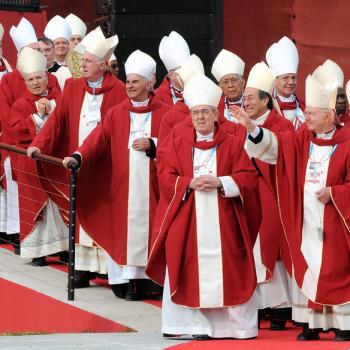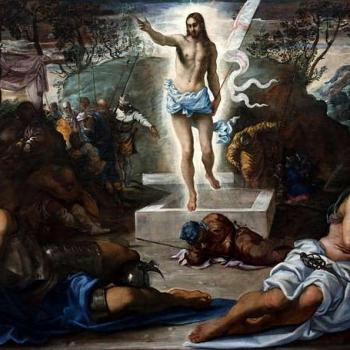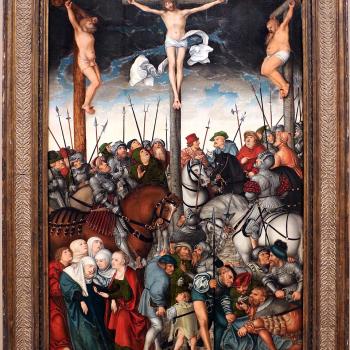The British theologian and apologist Alister McGrath has written a new biography of C. S. Lewis entitled C. S. Lewis – A Life: Eccentric Genius, Reluctant Prophet . The Washington Post has given it a rave review written by Michael Dirda, a critic I’ve appreciated for a long time. I’m surprised but glad to see he is a C. S. Lewis fan.
. The Washington Post has given it a rave review written by Michael Dirda, a critic I’ve appreciated for a long time. I’m surprised but glad to see he is a C. S. Lewis fan.
Dirda praises Lewis’s scholarly writings on literary history–generally neglected by his fans but still highly respected in the academic world–and then summarizes McGrath’s take on Lewis.
by Michael Dirda:
Clive Staples Lewis (1898-1963) assumed that he would be forgotten within five years of his death. While he may have been a great Christian apologist, Lewis was clearly no prophet: Children are still reading “The Lion, the Witch and the Wardrobe”; his trilogy — “Out of the Silent Planet,” “Perelandra” and “That Hideous Strength” — is a science fiction classic; and his thoughtful justification for religious belief, “Mere Christianity,” has been voted the most influential religious book of the 20th century. Just recently it was reissued in a handsome new gift edition by HarperOne.
Yet even these works are only a few high spots among many. Lewis’s bibliography includes collections of essays and talks, poetry, volumes of letters, satirical works and several highly personal books such as “Surprised by Joy” and “A Grief Observed.” Nearly all this writing, moreover, was produced while Lewis kept his day job as an Oxford (and later Cambridge) don, tutoring undergraduates and doing primary research in medieval and Renaissance literature.
In fact, Lewis’s literary scholarship, as generations of graduate students know, is just as readable and exciting as his more popular work. “The Allegory of Love,” “A Preface to ‘Paradise Lost,’ ” and “English Literature of the Sixteenth Century (Excluding Drama)” — this last an installment in “The Oxford History of English Literature” — are, for all their academic character, remarkably personal books, the products of passionate engagement with great works of the poetic imagination, of real love for the literature of the past. “The Discarded Image: An Introduction to Medieval and Renaissance Literature” remains unrivaled as a precis of how people before the modern era thought about nature and the cosmos. (My own copy, one of the treasures of my library, once belonged to the great Johns Hopkins Dante scholar Charles Singleton.)
That it scants Lewis the literary scholar is nearly my only complaint about Alister McGrath’s “C.S. Lewis: A Life.” McGrath, a professor of theology at King’s College London, writes in the light — or shadow — of several previous biographies of Lewis, in particular those by Roger Lancelyn Green and Walter Hooper, George Sayer and A.N. Wilson. But he bases his new life on a recently completed multivolume edition of Lewis’s letters and his own reading, in chronological order, of the complete works. Most of all, though, his biography of Lewis isn’t “another rehearsal of the vast army of facts and figures concerning his life, but an attempt to identify its deeper themes and concerns, and assess its significance. This is not a work of synopsis, but of analysis.”
That word “analysis” may sound off-putting, but McGrath is a sprightly writer, quite colloquial in tone, speeding over many aspects of his subject’s life, but slowing down to reflect on those he finds significant.
via ‘C.S. Lewis: A Life,’ by Alister McGrath – The Washington Post.
Dirda goes on to discuss various aspects of Lewis’s life and career as treated by McGrath. He includes some things that I didn’t know, for example that The Lion, the Witch and the Wardrobe was voted in 2008, by the educational charity Booktrust, “the best children’s book of all time.”
. The Washington Post has given it a rave review written by Michael Dirda, a critic I’ve appreciated for a long time. I’m surprised but glad to see he is a C. S. Lewis fan.












